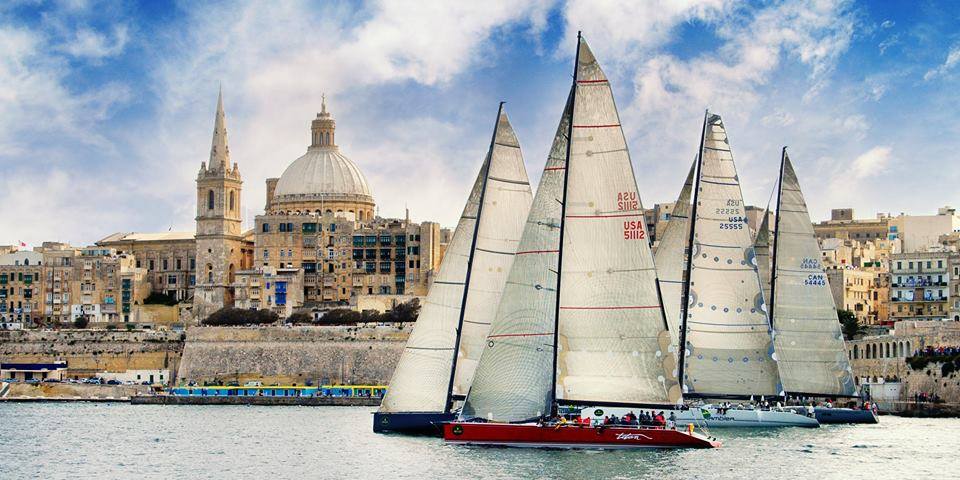Speech by PM Muscat in Japan
Malta’s economy has progressed greatly in recent years. Last year real GDP growth stood at 6.6%, or three times the rate observed in the rest of the European Union. This year the European Commission is expecting the Maltese economy to grow by slightly less, 5.4%, but to remain the second fastest growing economy in the Union, exceeded only by Ireland, at 5.6%. By 2019, while growth is projected to moderate to 5%, it will be the fastest rate of economic expansion in Europe. This excellent economic performance is driven by the success of our export industries.
In fact, last year Malta’s current account surplus – the difference between exports and imports – amounted to 13.6% of its whole output. This was the best result across the European Union, and reflected the continued expansion of Malta’s diversified services sector, ranging from tourism to aviation to financial services and online gaming, as well as our strong manufacturing base. The very rapid pace of economic growth has resulted in a large rise in employment. Every year in the last five years, we have had the fastest rate of job creation in the European Union.
Last year employment grew by 5.4% or more than three times the growth seen in the rest of the Union. To satisfy this demand for human resources, our industries are employing a significant amount of foreign workers. One in six of our workers are now foreign. These workers have helped us fill skills gaps in technical and managerial posts, while also maintaining the cost of labour competitive. Our unemployment rate is the lowest in our history and it is today the second lowest in the euro area after Germany.
In turn, the strength of the Maltese economy is reflected in a much-improved fiscal position for government. For the last two years, we have registered a surplus of revenue over expenditure. In the first quarter of 2018, the surplus stood at 2.5% of GDP, making it the best fiscal performance across the whole of the European Union. This is also resulting in a steep reduction in the burden of our national debt. While the latter stood at nearly 70% of GDP five years ago, it now has fallen to around 50%, and the European Commission anticipates that in just a couple of years it will have declined to 40%, making our country one of the least indebted in the Union. We have achieved this despite Government’s ambitious plans to substantially increase capital expenditure so as to take our country’s infrastructure to a new and qualitatively higher level.
MIIPA CEO Jonathan Cardona is currently in Japan as part of the business delegation led by Prime Minister Joseph Muscat.
Jonathan Cardona participated in a number of business meetings with the intention of exploring new market niches. The trade mission provides a platform for hashtagGovernment Officials to reinforce political connections between both countries and for Maltese entrepreneurs to engage with counterparts with the prospect of expanding their business.
Source: Gov.mt





